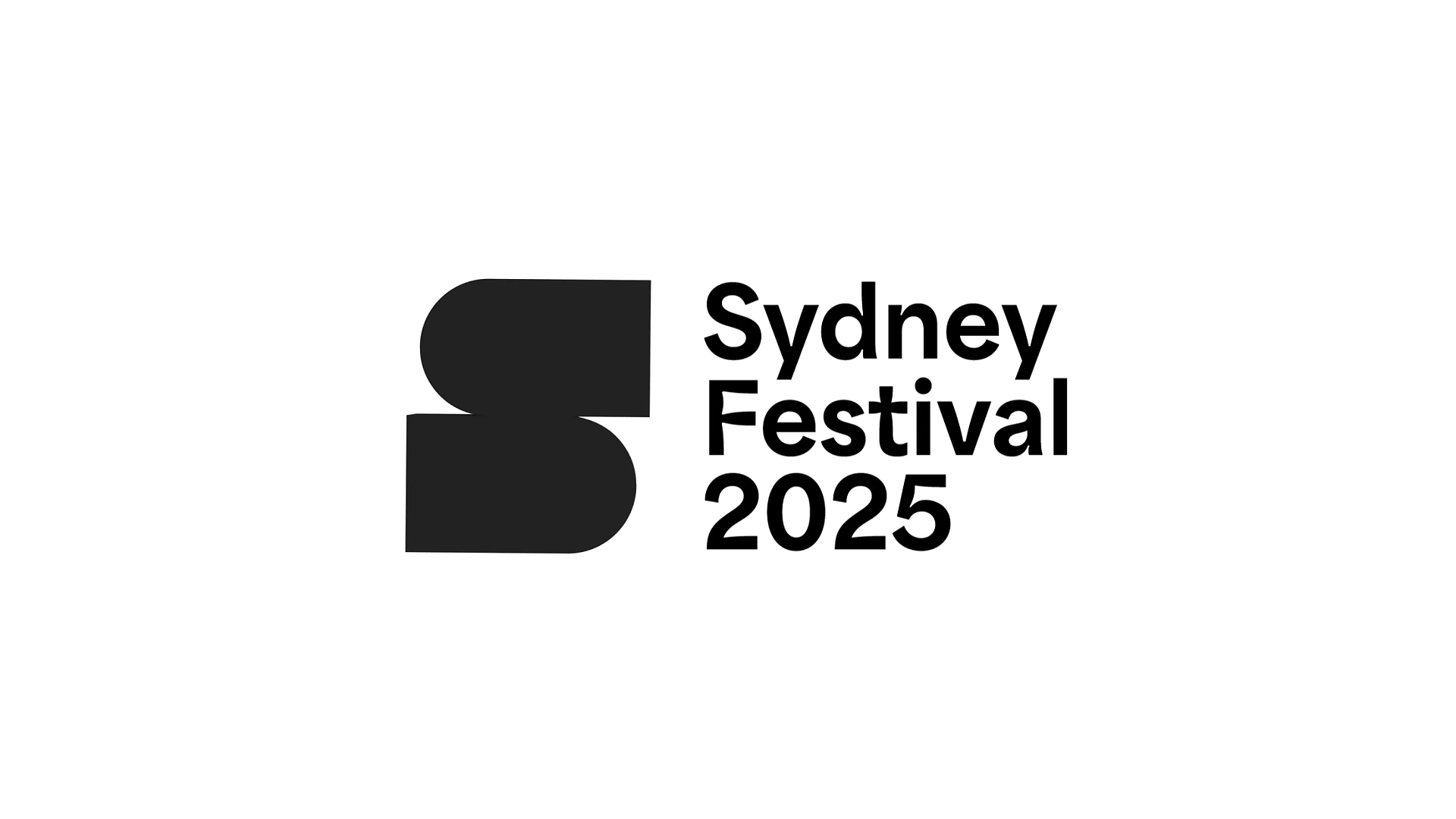Universal Music Group has recently issued an open letter to the artist and songwriter community, shedding light on their concerns and issues surrounding their partnership with TikTok. The letter, titled “An Open Letter to the Artist and Songwriter Community – Why We Must Call Time Out on TikTok,” emphasises Universal’s commitment to helping their artists and songwriters reach their full creative and commercial potential. However, it also raises significant concerns about TikTok’s approach and actions in various key areas.
Universal’s letter emphasises the importance of fair compensation for artists and songwriters, demonstrating their commitment to artists’ rights and welfare by advocating for equitable payment for creative talents. Through the Artist-Centric initiative, Universal takes a positive step by aiming to update the remuneration model in streaming, benefiting artists and safeguarding their rights in an era of AI-generated content. This showcases their proactive approach to technological advancements. Universal’s commendable involvement in addressing online safety issues on various platforms positions them as an industry leader, promoting the broader impact of music on health and wellness and taking a responsible stance toward content moderation.
However, Universal’s dispute with TikTok primarily revolves around compensation, raising concerns about fairness and the sustainability of the music industry in the digital age, as TikTok is accused of paying only a fraction of what other major social platforms offer to artists. Universal asserts that TikTok allows an influx of AI-generated recordings and promotes AI music creation without adequately compensating human artists, potentially leading to job displacement in the music industry—a matter needing careful consideration. TikTok’s alleged lack of action in addressing content infringement and issues like hate speech, bigotry, bullying, and harassment raises concerns about user safety and the protection of artists’ intellectual property. The letter characterises TikTok’s tactics as intimidating, citing selective music removal from certain artists during negotiations. This portrayal of confrontational negotiations may hinder the search for mutually beneficial solutions.
Universal’s decision to raise these concerns and potential issues with TikTok is a bold move that highlights the complexities of the music industry’s relationship with digital platforms. While their commitment to protecting artists and songwriters is admirable, it remains to be seen how this dispute will be resolved and how it may impact the broader music ecosystem. Universal’s stance signals their dedication to the creative and commercial value of music, but it also underscores the challenges faced in achieving equitable compensation and addressing the impact of emerging technologies like AI on the industry.







